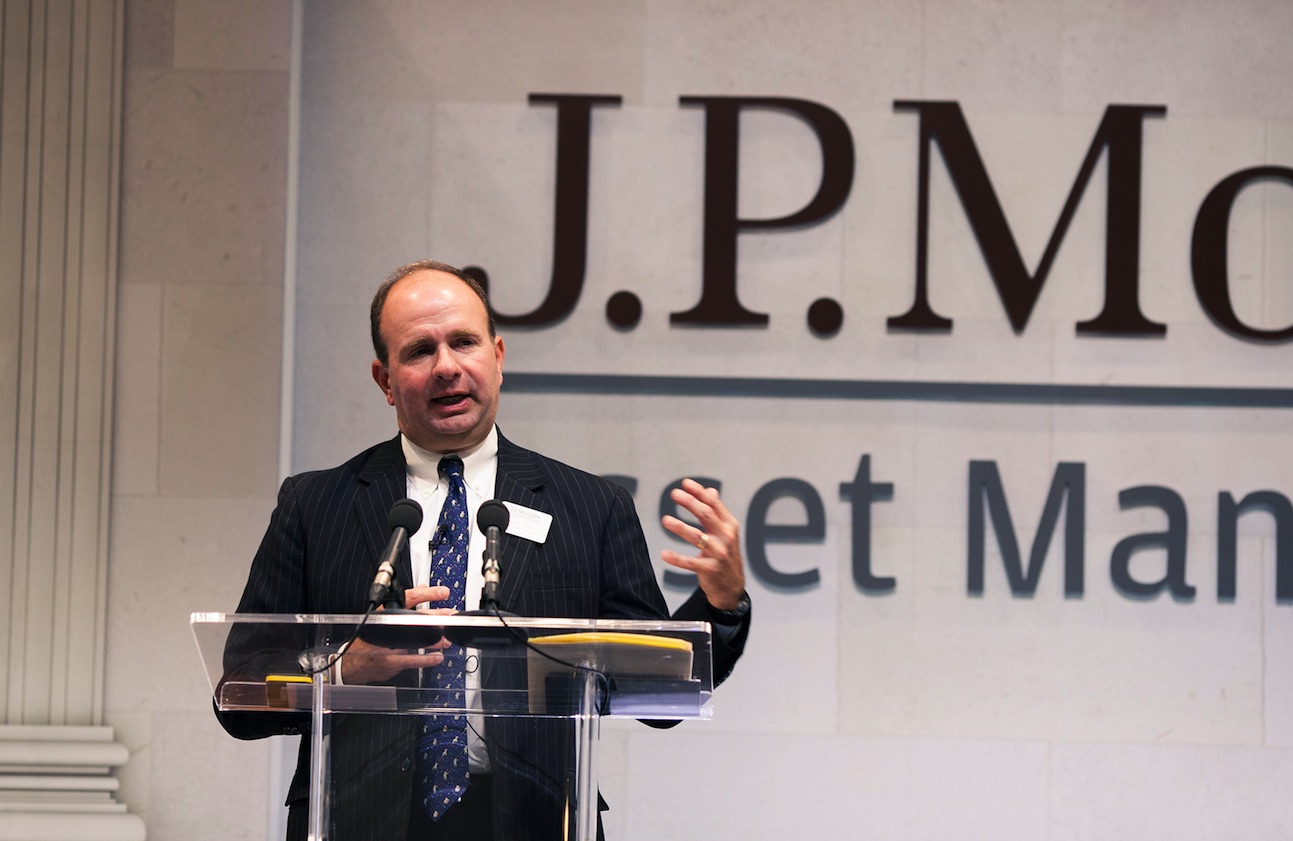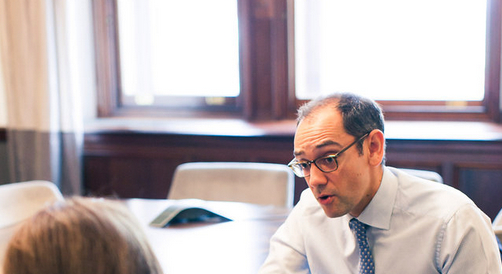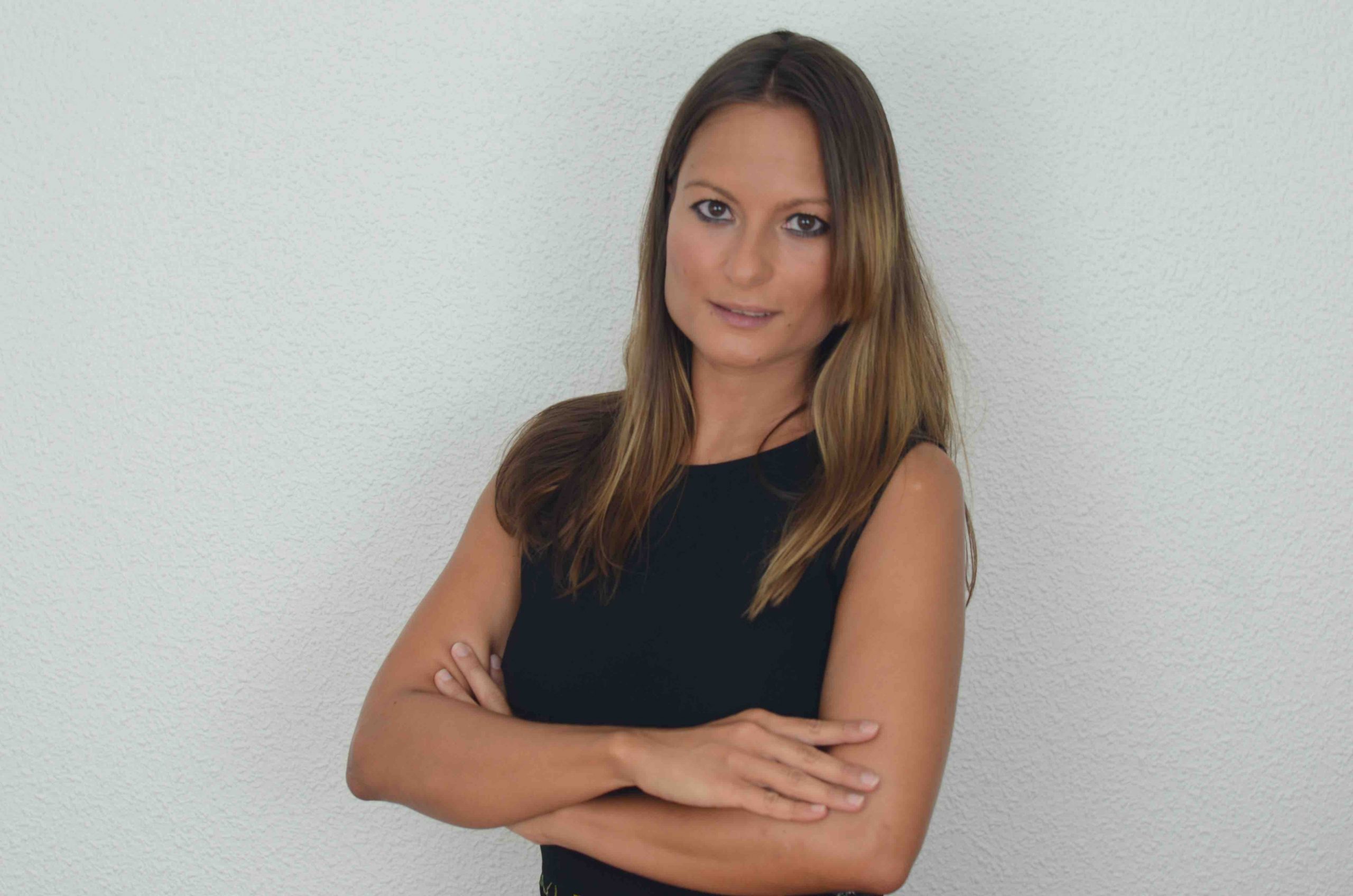According to Bob Michele, JP Morgan‘s fixed-income CIO, the Fed will raise rates in March; he believes that the monetary authority will carry out a normalization process in the US which will last at least five years, during which the Fed will raise rates every two months to around 4%.
During a conference on fixed-income opportunities organized by the management company, Michele pointed out, however, that the Fed’s main problem is managing the volume of US sovereign debt on its balance sheet. “By 2018 there will be 425 billion dollars in Treasury bonds, how can it wait until their maturity? Reversing will be difficult; therefore, it will have to opt for either gradual debt forgiveness or refinancing debt, because it could crush the market” he explained.
The expert also admits to being bearish with fixed income, and that bond yields cannot do other than rise in an environment of rising inflation and interest rates. That is, the trend that started after Trump’s victory, and which has increased the yield of the US bond from 1.5% to 2.4%, will continue. “The Treasury (10-year US bond) will act as a type of springboard. In summer we will see a change in profitability,” he states. He predicts that it will achieve 3.5% profitability during the next 12 months.
As for the upward trajectory that, a priori, interest rates have taken, a lot will depend on Janet Yellen’s successor as Fed Chair. According to Michele, there is a tide of opinion that bets on Yellen’s continuity but “the odds on that are %”. In this regard, he believes that the Fed has so far been controlled by academics who apply traditional econometric models. “These models work well in theory, but not in the real world,” he explains. In his opinion, “it’s good if someone from the real world, who is not so academic, arrives at the Fed.”
In fact, in recent years, reality has shown us that theories may probably not be fulfilled. The theory says, for example, that an accommodative monetary policy is the best for equities, but the reality is that fixed income has had a spectacular behavior. “We are currently at an experimental period in monetary policy and we must discover if the appreciation of assets since 2009 is just a monetary effect,” Michele states.
As Head of Fixed Income of one of the largest fund managers in the world, Michele is not reluctant to admit that he is bullish with equities. “If rates increase at a rate of 1% a year, the stock market will do very well, if they rise 0.5%, a bear market will be created.”As for options within fixed income, they focus on reducing durations, and betting on bonds linked to inflation, European and US high-yield bonds, and emerging market debt in local currency. “Many people think I’m crazy for recommending emerging debt in local currency, but these currencies have already made their adjustments. On the other hand, if I protect the currency, I give up a lot of profitability and I don’t want to do that,” he concludes.



 By Alicia Miguel Serrano
By Alicia Miguel Serrano